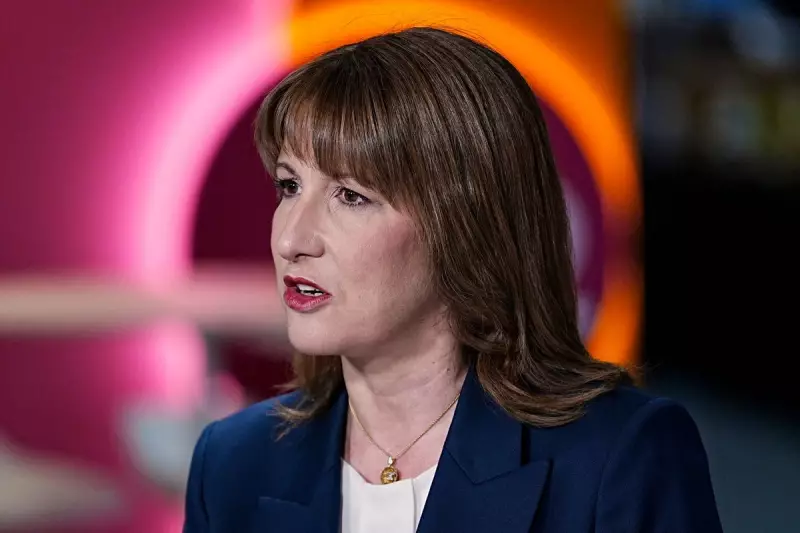
Chancellor Rachel Reeves is preparing to deliver one of the most anticipated Budget statements in recent political history this Wednesday, with economists predicting substantial tax rises to address the country's ailing economic performance.
The £22bn Challenge Facing the Treasury
Months of political speculation will culminate on 26th November when the Labour Chancellor reveals her financial plans. Researchers from the Institute for Fiscal Studies have identified a £22 billion shortfall in government finances that must be addressed, driven by rising borrowing costs and weak growth forecasts.
Speaking from Downing Street earlier this month, Ms Reeves criticised previous governments, stating: "Politicians of recent years have become addicted to shelling out for short-term sticking-plaster solutions rather than making long-term economic plans."
The Chancellor's room for manoeuvre appears limited by her party's manifesto commitments not to increase headline rates of VAT or national insurance contributions. However, her recent reluctance to recommit to these pledges has fuelled speculation that she may partially backtrack given the difficult economic circumstances.
Potential Tax Reforms Under Consideration
VAT Adjustments
While an increase to the standard 20% VAT rate seems unlikely given recent warnings about living standards and inflation, the Chancellor could make VAT rates more uniform across different product categories.
The current system creates anomalies where confectionery, hot food and ice cream attract standard VAT, while meat, vegetables and juice do not. The Institute for Government recently highlighted the complexity of this system, pointing to a tribunal case debating whether giant marshmallows should be considered confectionery for VAT purposes.
Property Tax Overhaul
Ambitious plans are reportedly being considered to replace both stamp duty and council tax with two new land taxes.
The proposed "national" land tax would replace stamp duty, applying only to property sales above £500,000. The levy would be proportionate to the property's value and payable by the new owner on the amount exceeding the threshold.
Council tax could be replaced by a "local" property tax calculated relative to current property values, with rates set by local authorities. This would address longstanding criticisms that council tax bands based on 1990s valuations have become drastically outdated.
Mansion Tax Proposals
Two versions of a so-called "mansion tax" are under consideration. The first would change capital gains tax rules for primary residences valued at £1.5 million or more, removing the current exemption.
Higher and additional rate taxpayers currently face a 24% capital gains tax rate on property, while basic rate payers face 18%. The tax applies to gains above the £3,000 annual allowance.
A simpler alternative would impose an annual 1% charge on properties valued over £2 million, meaning a £3 million home would incur a £10,000 yearly fee.
Pension Tax Relief Changes
One of the most widely speculated measures involves cutting higher rates of pension tax relief. Currently, basic rate taxpayers receive a 20% boost to pension contributions, higher rate taxpayers get 40%, and additional rate earners receive 45%.
The rumoured proposal would establish a flat rate of 20% pension tax relief for all earners, regardless of income tax bracket. According to Institute for Fiscal Studies analysis, this change could generate £15 billion annually for the Treasury, with the majority coming from the top fifth of earners.
Economic Context and Political Pressure
The Chancellor faces the difficult task of balancing fiscal responsibility with political promises. Her commitment not to raise taxes for "working people" remains central to her messaging, yet the economic reality demands substantial revenue increases.
As Ms Reeves stated recently: "Our first year in power was about fixing the foundations. Our second must be about building a renewed economy for a renewed Britain."
With borrowing costs rising and growth forecasts weakening, Wednesday's Budget will reveal how the Chancellor plans to navigate these challenging economic waters while maintaining political credibility.





